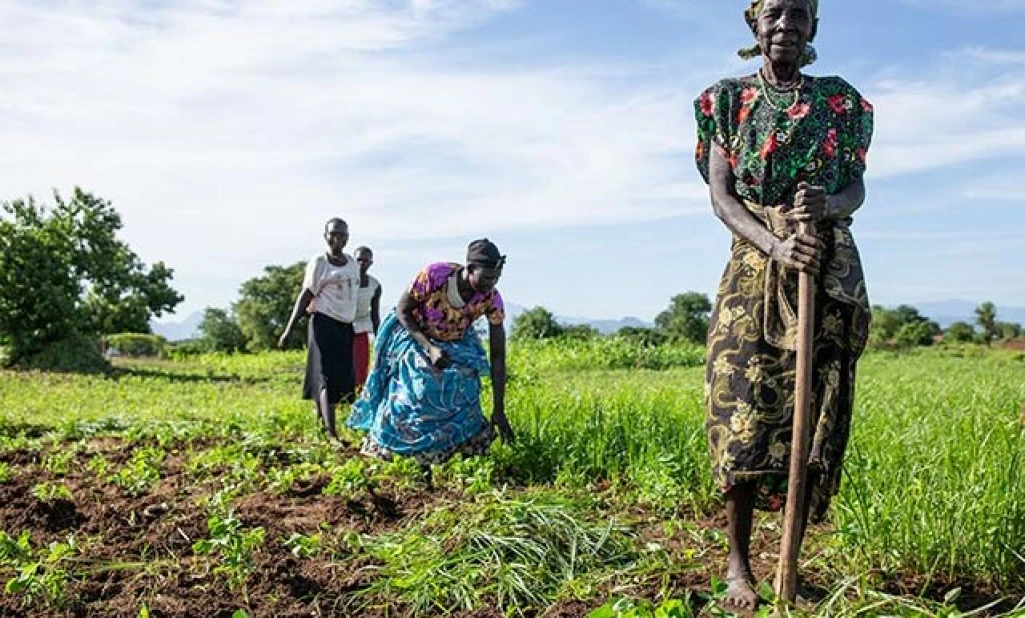
Local farmers in Northern Bahr El Ghazal state say they do not want to receive seeds purchased from neighboring countries, citing lack of germination and not being supported by South Sudan soil.
The seeds were distributed by the UN Food Agriculture organization on Tuesday this week, but the plan was suspended to address the farmer’s concern.
Farmers who spoke to Akol Yam 91 FM in Aweil say government and its partners should buy seeds locally to match the soil and climate of the area.
Their experience indicated that seeds have been distributed in the past years but failed to yield crops and caused poor harvest in many parts of the state, which the farmers attributed imported sources given to them.
James Garang, a local farmer with three feddan, says they were promised to cultivate beyond subsistence, and the seed would be bought from them, but that doesn’t happen.
“Early this month, we the farmers were asked to bring our seedlings for testing, and after the testing, they were found qualify, and we were told that the partners will buy from us, but now it a different thing all if the seeds were brought out the country, then we don’t want them,” he said.
Another farmer, Deng Chan Mou, says they have submitted a petition to the minister of Agriculture, which he believes will address the matter. He says buying seeds locally promotes the farmers to do more and boosts agriculture production in South Sudan.
“When seeds are bought locally, it will help farmers extend farms every year if they have enough money to employ workers, but we are requesting the ministry to meet farmers first before any decision is made,” he said.
The Food and Agriculture Organization admitted that it purchases seeds from neighboring Sudan, which they hope could be distributed to the farmers.
FOA agriculture Officer Kiir Awen Mayen said they have already started distributing over three thousand bags of seeds to the farmers across the state.
He assured the farmers of the quality of the seeds distributed, saying they are good and well tested for cultivation.
“This some of the seeds have been tested in Juba and even in our office here, and we have seen that what we have is good to be cultivated, so we want the farmers’ to try cultivating them first, then we shall see what to do next year if the one we have doesn’t yield well when grown.”
According to the FAO, at least fifty over four thousand farmers were registered across the NBG state to receive seeds this year.
South Sudan’s government pledged to impose restrictions on seeds from outside sources and promote the local companies producing seeds to stop the country from importing seeds.